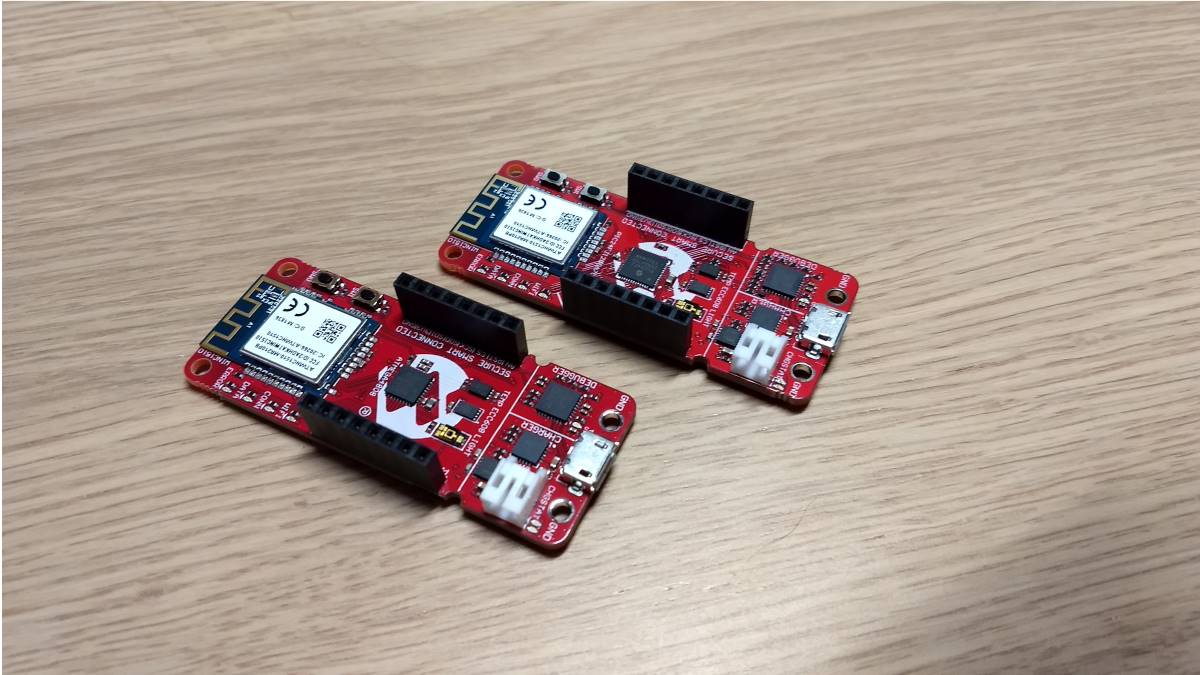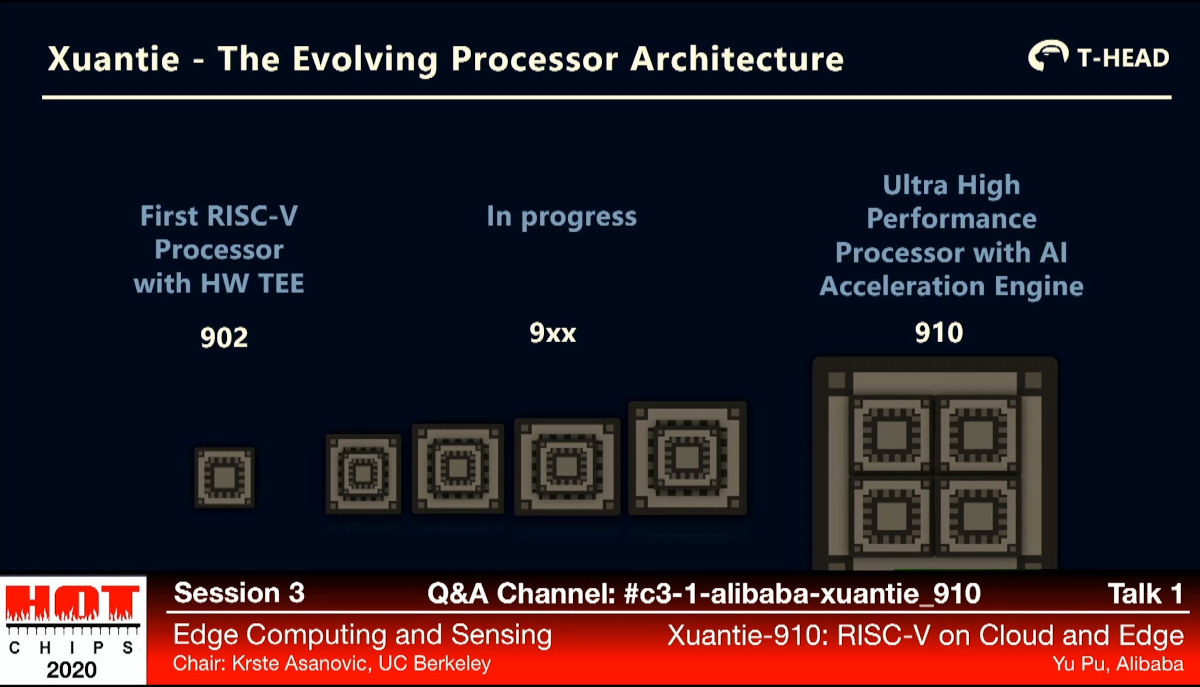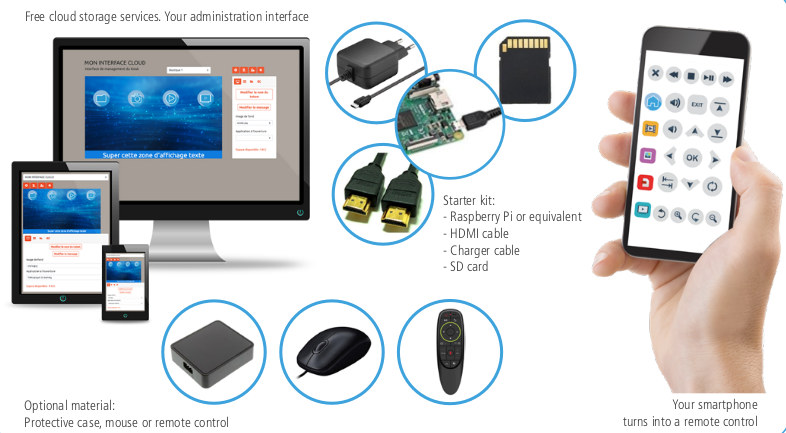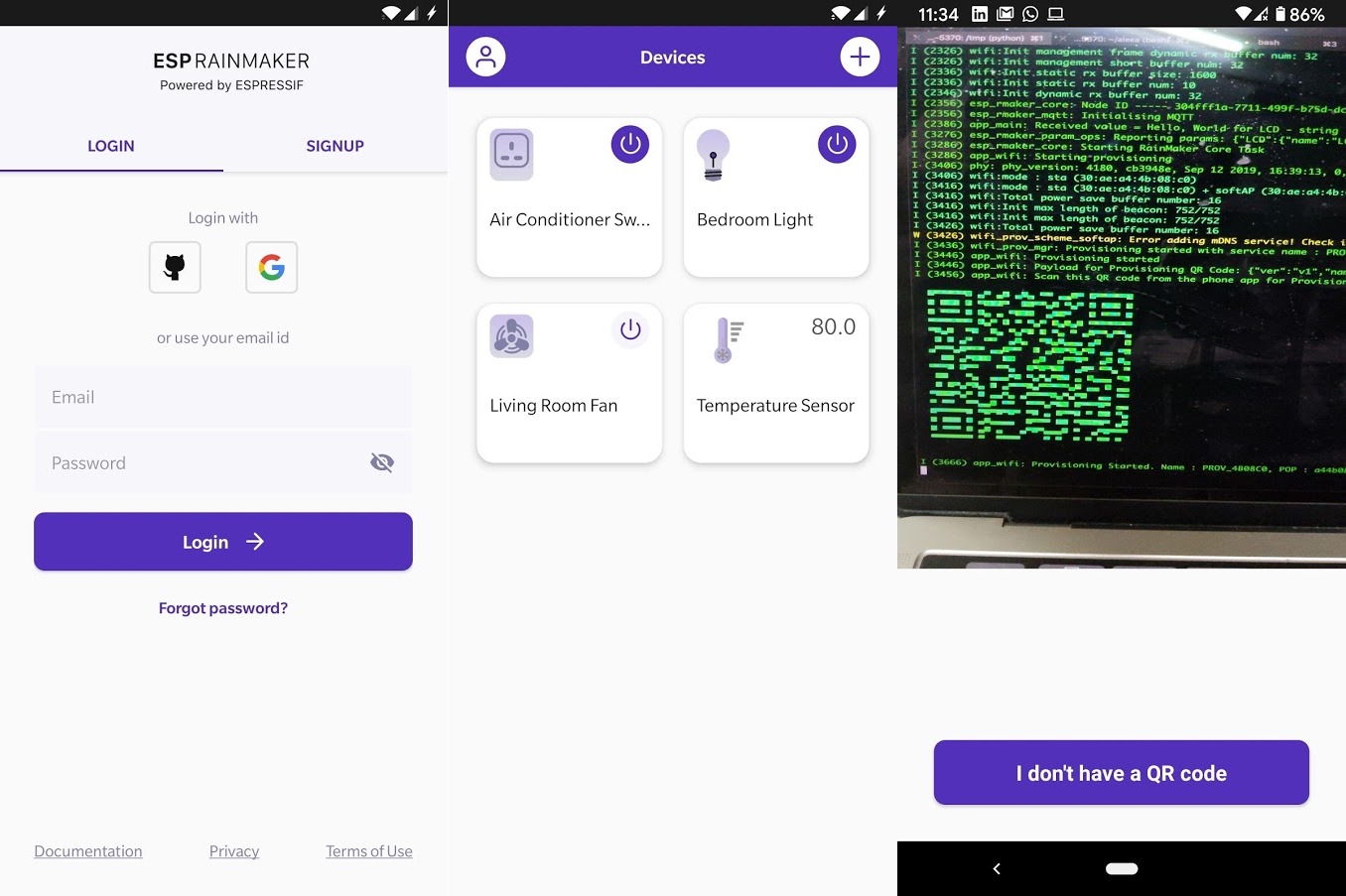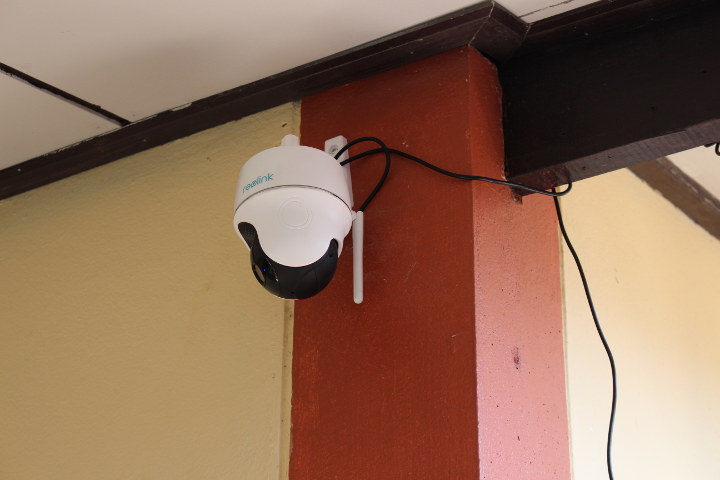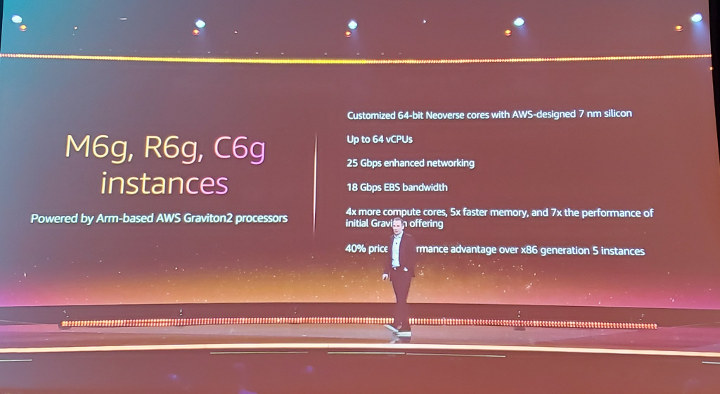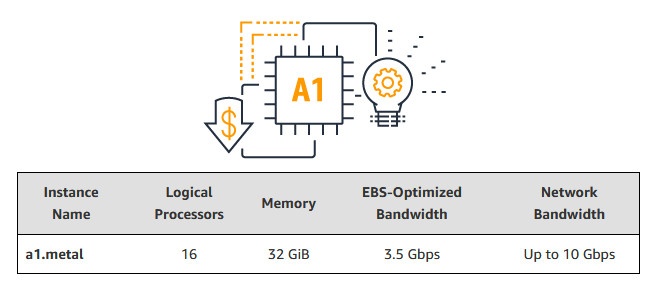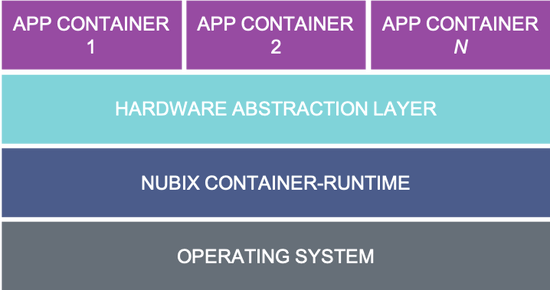Microchip AVR-IoT and PIC-IoT development boards have AVR and PIC MCUs respectively, which enables a simple interface between embedded applications and the cloud. The IoT development boards can securely transfer data to Amazon Web Services (AWS) IoT platform with a WiFi connection. The IoT development boards also include an onboard debugger which can be used to program and debug the MCUs without any need for external hardware. The IoT development boards also have an integrated lithium battery charger, which makes it a rechargeable device and allows easier deployment for a “ready-to-go solution.” The AVR-IoT WA development board integrates the ATECC608A CryptoAuthentication chip for security protocols and the ATWINC1510 Wi-Fi network controller for connectivity. The development board combines the ATmega4808 MCU 8-bit AVR MCU running at up to 20 MHz and offers a wide range of flash sizes up to 48 KB. The unit uses a “flexible and low-power architecture, including […]
More Details about Alibaba XT910 64-bit RISC-V Core
Alibaba unveiled XuanTie 910 16-core RISC-V Processor last year with few details except it targetted high-performance 5G, AI, and autonomous driving applications. The company has now provided more details about Alibaba XuanTie 910 (aka XT910) processor during the virtual Hot Chips 2020 conference, and he notably compared the RV64GCV core found in the processor to Arm Cortex-A73 core. Alibaba XT910 main features and specifications: CPU – Up to 16x 64-bit RISC-V (RV64GCV) cores with RISC-V Vector extension and custom Turbo extension in four clusters of four cores; 12-stage out of order; Coremark: 7.1 per MHz Cache – 32KB or 64KB I/D cache per core, up to 8MB L2 cache per cluster FP16-FP64 floating-point unit Vector Computing Unit (aka Vector Engine) for AI acceleration Memory Management – Sv39 MMU + 8/16 PMP Interrupt Controller – Clint + PLIC Process – Final: 12nm FinFET; engineering samples: TSMC 28nm HPC Alibaba RISC-V Turbo […]
EasyDK Open Source Cloud Media Platform is Made for Raspberry Pi 3/4
French startup MMPhygital has developed EasyDK (Easy Digital Key) open-source, Python-based cloud media platform designed for Raspberry Pi 3 & 4 SBC’s that allows users to manage and view media content from local storage or cloud storage (2GB free) using a web management interface. The solution acts as a media center with the interface providing access to movies, video streaming, and photos, but you can also display documents such as Microsoft Office files or PDF presentations. Other features include: Dynamic display – manage a network of connected screens remotely (similar to Digital Signage solution) Remote office- Connect to a remote computer using AnyDesk plugin Add-Ons – Add your own module Cloud management – Control EasyDK remotely using the cloud platform to deploy media, launch content automatically, etc.. BLE / IP remote control – Use your smartphone as a Bluetooth or IP remote control Wireless external hard drive Secure Internet Access […]
ESP RainMaker Eases Cloud Integration & Mobile App Development for ESP32-S2 SoC
Espressif Systems is well-known for its low-cost, well-supported WiFI and Bluetooth SoC for IoT products and projects. But in recent years, the company has also come up with application-specific development boards and corresponding software frameworks to help customer develop their own. Those boards include ESP32-LyraTD-MSC for smart audio applications, or for ESP32-S2-Kaluga-1 multimedia applications using display and camera. The company is now offering another solution to help makers integrate ESP32-S2 secure WiSoC with the cloud and create a mobile app. Meet ESP RainMaker. Specifically, ESP RainMaker provides four main components:: Device Agent SDK to perform network provisioning, OTA updates and facilitate communication with the cloud. Based on the ESP-IDF SDK. Amazon’s AWS powered Transparent Cloud Middleware makes the device’s attributes accessible to the user’s phone applications or other third-party services via RESTful APIs. iOS/Android phone apps to configure and manage the connected device. The apps are “self-adapting”, meaning they can […]
Reolink Argus PT Review – A Solar powered Pan-Tilt Security Camera
Last year, I reviewed Reolink Argus Eco solar powered security camera, and I’m still using it to date. It’s working fairly well, although sometimes motion detection will not be triggered, or triggered too slowly so it’s not impossible to miss important footage. The PIR function can be tweaked so maybe it’s just a question of finding the right settings for a given location. Nevertheless, the company has now launched a new model called Reolinkg Argus PT that is very similar to the Argus Ego but with PT (Pan, Tilt) function, and I received a sample for review. Since both models are so similar, I recommend reading Argus Eco review first, as I’ll focus on the differences. Reolink Argus PT Unboxing I received two packages like las time: the camera itself, and Reolink solar panel. The camera comes with a WiFi antenna, a wall-mounting set, a USB cable, and some documentation. […]
AWS EC2 6th Gen Instances are 7x Faster thanks to Graviton 2 Arm Neoverse N1 Custom Processor
Last year Amazon introduced their first 64-bit Arm-based ECS2 “A1” instances which were found to deliver up to 45% cost savings over x86 Instances for the right workloads. A few months ago, AWS (Amazon Web Services) provides a new offering with bare-metal A1 instances, and with re:invent 2019 now taking place the company has unveiled AWS ECS2 6th generation Arm instances (which they did not call A2 instances yet) powered by Graviton 2 processor comprised of custom Arm Neoverse N1 cores and promising up to 7x the performance of the original A1 instances. There will be three types of Graviton2-powered EC2 instances with the d suffix indicating NVMe local storage: M6g and M6gd for General Purpose workloads (application servers, mid-size data stores, microservices, and cluster computing) with 1 to 64 vCPUs and up to 256 GB of memory. C6g and C6gd for Compute-Optimized workloads (high-performance computing, video encoding, gaming, and […]
Amazon Unveils EC2 A1 Arm Bare Metal Instances
A1 ARM Instances Amazon had first released its 64-bit ARM EC2 A1 Instances back in 2018, which are part of AWS Elastic Compute Cloud (EC2), an ever-evolving virtual platform that supports business subscribers utilizing applications in the cloud. Arm Bare Metal Instances The most recent launch is the EC2 A1 ARM Bare Metal Instances, which Amazon is reporting is similar to the previous version of A1 ARM Instances, but with greater reach within the ARM ecosystem. The Servers The new EC2 A1 Arm instances are powered by the AWS Graviton Processors, featuring the 64-bit Arm Neoverse with custom silicon developed by AWS. Features Include Amazon Machine Images (AMI) Elastic Block Store (EBS) Auto Scaling Applications can have more direct access to the processor and memory resources within the underlying server. Some of the different types of scale-out applications the new Instances support and will enhance are – Application Types Web […]
Nubix Edge-native Tiny Containers for IoT Apps Released For Raspberry Pi and BeagleBone SBCs
Nubix has just launched the developer edition of its edge-native tiny containers for IoT application development and analytics that target microcontrollers and single-board computers such as Raspberry Pi 3/4 and BeagleBone Black. Typical cloud solutions such as Docker are often too large with tiny IoT devices, and to solve these issues, Nubix tiny containers are sized in kilobytes, instead of megabytes, or about 100 times smaller than a Docker container, in order to be small enough to run at the edge. Nubix.io provides access to a library of sensors, analytics and tiny services that leverage open source languages and pre-packaged functions to easily create IoT applications in a few minutes. Analytics is commonly done in the cloud, which may cause issues in environments with limited or intermittent connectivity, so to solve this issue, Nubix provides analytics functionality directly on the IoT device, eliminating the latency, bandwidth, connectivity and cost constraints […]


